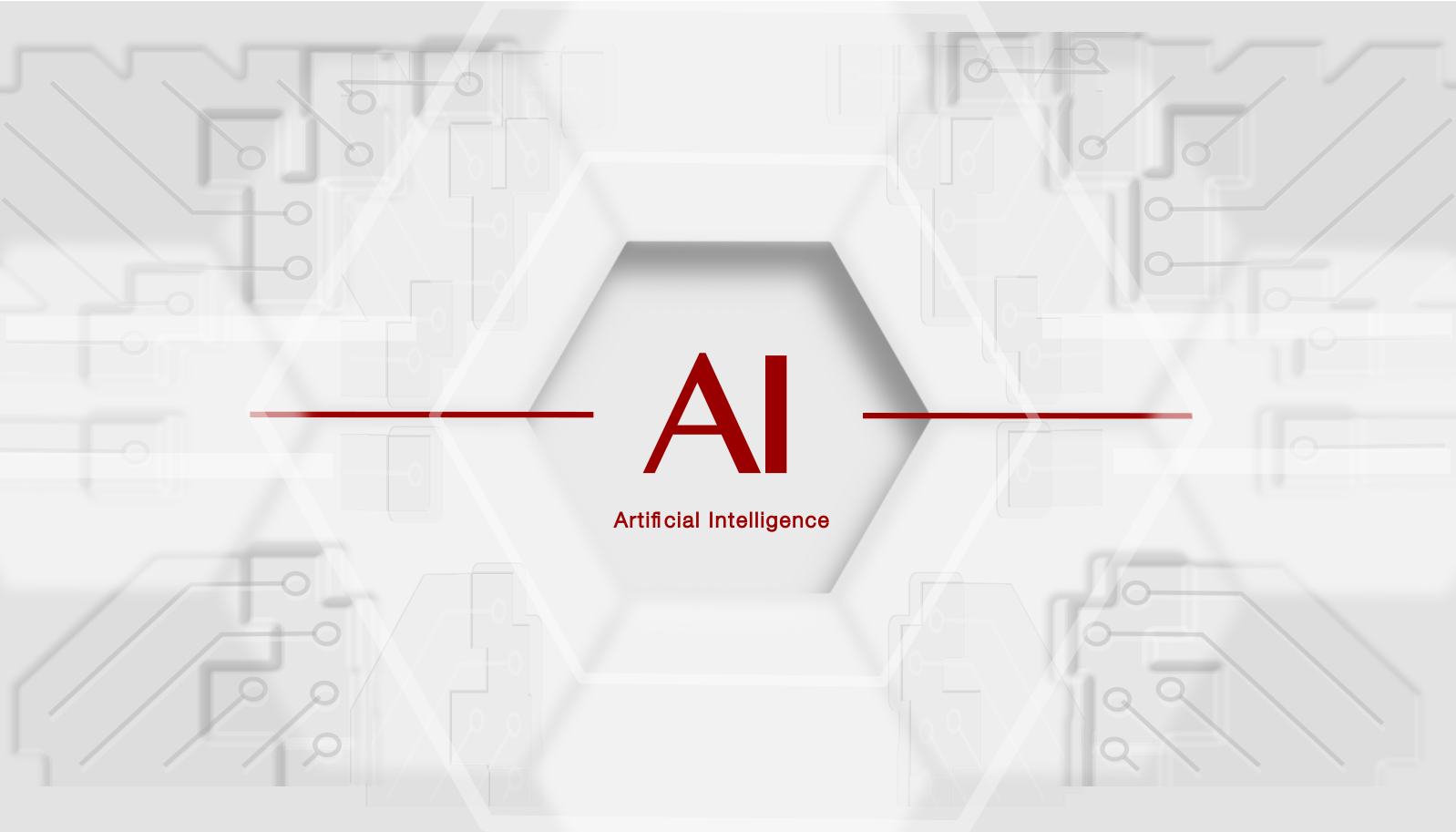
The developments in the field of Artificial Intelligence are in the process of fundamentally transforming our planet, our society, and individuals. The perception of our humanity, our understanding of intelligence and consciousness, as well as our coexistence on the planet have been shaken by AI. The disruptive power of AI also has a severe impact on religion. AI transforms religious institutions, movements, discourses, practices, and agents. Humans are - independent of whether or not they are religious - completely involved in new digital technologies. In order to not helplessly be at the mercy of the new technologies and the elites who makes use of them, it has to be deciphered how the discourses and practices of AI function.
Consequently, the diagnostic potential of religious studies is needed in twofold dimension: On the one hand, it is necessary to research the broad spectrum of interdependencies of religion and AI. On the other, the theories and findings of religious studies need to be applied to AI as a formation analogous to religion.
The questions about the interdependencies of religion and AI can be divided into two big blocks: AI and religion as well as religion AI as religion.
The first thematic block focusses on the influence of AI on religion, for instance in the areas of mission and administration, the use of AI by religions, for example in apps or by use of priest robots, as well as on the transformation of religious conceptions and practices through AI, as can be seen in new religious movements. Further, AI will be examined as a challenge for a religiously or culturally conditioned anthropology and as an impulse for theological processes of self-understanding.
The second thematic block examines the discourses and practices of AI as a formation analogous to religion. The central questions are aimed at religious rhetoric and soteriological promises in the discourses on AI, as well as the core functions of AI and the algorithms created by it.
In order to research these issues, recourse has to be taken to the discursive approaches and ideology critique of religious studies. The societal dynamics and social consequences of AI can be laid open and discussed with the help of multi-methodological approaches. The approaches of material religion aid in putting into focus the dimensions of AI practice, which have often been neglected so far. Methods of gender-theory can generate findings about the results of the androcentrically dominated AI research. They can also highlight the difference in male and female spheres of life and their transformation through AI which has hardly been accounted for.